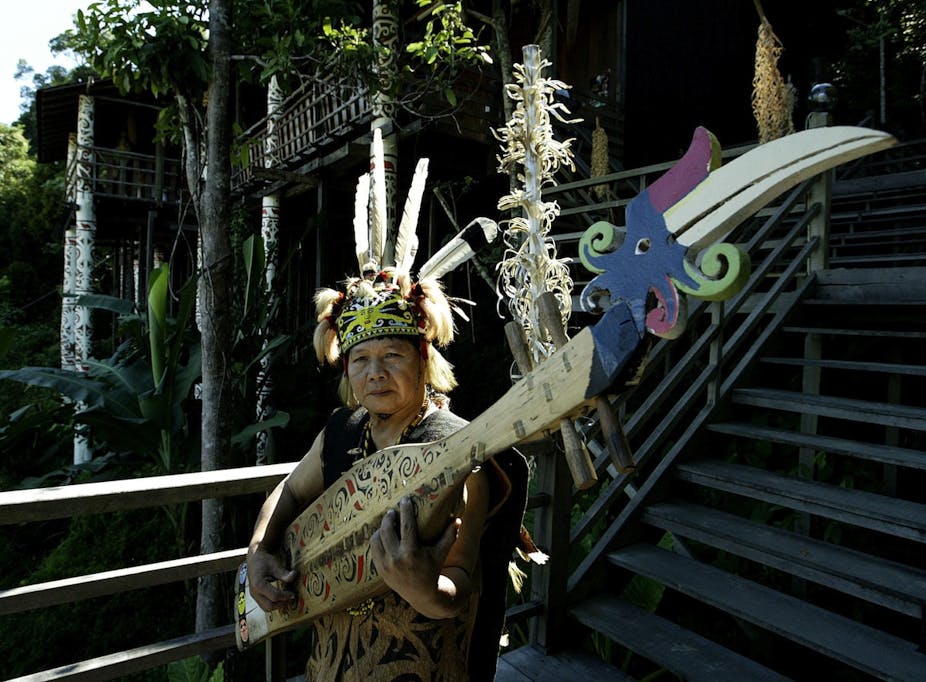Companies around the world are exploring blockchain, the technology underpinning digital currency bitcoin. In this Blockchain unleashed series, we investigate the many possible use cases for the blockchain, from the novel to the transformative.
Blockchain technology is being developed in everything from financial technology companies to the GLAM industries. Some, such as Backfeed, are using blockchain for decentralised coordination through smart contracts. As the recent attack on the DAO has revealed, blockchain-based innovations can also create social harm by being difficult to fix when things go wrong. While it is likely that platforms such as Ethereum will evolve to deal with these risks, a further consideration is who will reap the benefits of blockchain applications in the long term. To understand that, we need to consider the infrastructures on which these technologies are run and accessed, not just the code.
Originally developed to support bitcoin, Blockchain is essentially a public ledger. It’s like a giant spreadsheet for recording assets, which can be utilised for any form of exchange and which no individual entity controls. By providing a secure and distributed means of authentication and recording, Blockchain eliminates the need for intermediaries that pull information to verify transactions. The technology can therefore be used for autonomous machine-to-machine communications, taking the Internet of Things and the sharing economy to the next level (for instance, cars that manage their own rental and re-fuelling).
The benefits of blockchain technology for developing economies have so far only been discussed in terms of remittance payments and providing an alternative currency in unstable fiscal environments.
However it could also be applied in sharing economies that are present in some developing communities, just like the one I observed during field work in the Kedaya Telang Usan area in Sarawak, Malaysia.
The sharing economy of the Orang Ulu
In a sharing economy, people make use of their excess assets by charging others to access them – houses for holiday accommodation, garages for storage, cars (and their drivers) for rides.
During British colonial rule, the Orang Ulu began to grow crops for profit not just for subsistence, and out of this came the kinds of payment for services that characterise the sharing economy. One of my fellow researchers, Simpson Njock, a Kenyah man from the region, said it was once the case that you had to share a wild boar, but now if someone asks you for some of your wild boar you say to them “how much?”
Until logging roads were built a decade ago, it would take the Orang Ulu days to get to their kampung (village) by longboat. As only a small number of people in each kampung own a car, the Orang Ulu developed a ride-sharing system, whereby you pay someone with a ute to take you where you need to go - a lot like ride sharing service Uber but without the internet platform. In another example, the house of the headman may include rooms for those on their way upriver.
These systems have also developed in a region where many fall into the unbanked category (those without bank accounts or credit) and live a largely subsistence lifestyle, but where money is required for schooling, medical treatment, and home maintenance. Many make that money from handicrafts or food they have grown on their padi farms. Some goods are bartered rather than sold.
A different form of international development
Using technology in development projects has been controversial, with research showing some projects reinforce exploitative economic and political hierarchies whilst claiming to encourage entrepreneurship from the so-called “bottom of the pyramid”.
Blockchain will not necessarily resolve the complexities of the development industry, but it might assist the coordination of existing systems, making them more efficient, rather than imposing different ones. For instance, it could make possible a shift from forest industries, such as logging and oil palm, to economies that rely on a healthy forest, where natural heritage and culture are valued rather than diminished. In the nearby Bario region, a technology project has helped facilitate local tourism since 1998, primarily through websites that promote home stays.
Technology is already changing life in remote Sarawak, enabling people to coordinate car rides and handicraft sales through instant messaging and social media. Emerging peer-to-peer platforms could be of significant further economic benefit through more efficient and automated systems, without the high transaction costs or standards required by commercial platforms.
The most interesting and important blockchain transformations could be those built for economies that have been underserved by established financial institutions and classified as ‘informal’. Current blockchain debates are focused on the conflicts between law and automated governance. We need to remember that there are many spheres of interaction that have not be well served by markets, regulations and institutions, which could benefit from technologies that reduce the need to interact with them while providing simple, trusted transactions.
Such possibilities are a long way off, and not just because of bugs in the code. For these technologies to run, there must be reliable connectivity and infrastructure. While some communities have mobile broadband base stations, we found that these are often poorly maintained or suffering from congestion. The possibilities for economic development via blockchain applications will be nothing more than an idealistic and novel concept unless more fundamental digital infrastructure needs are addressed.

